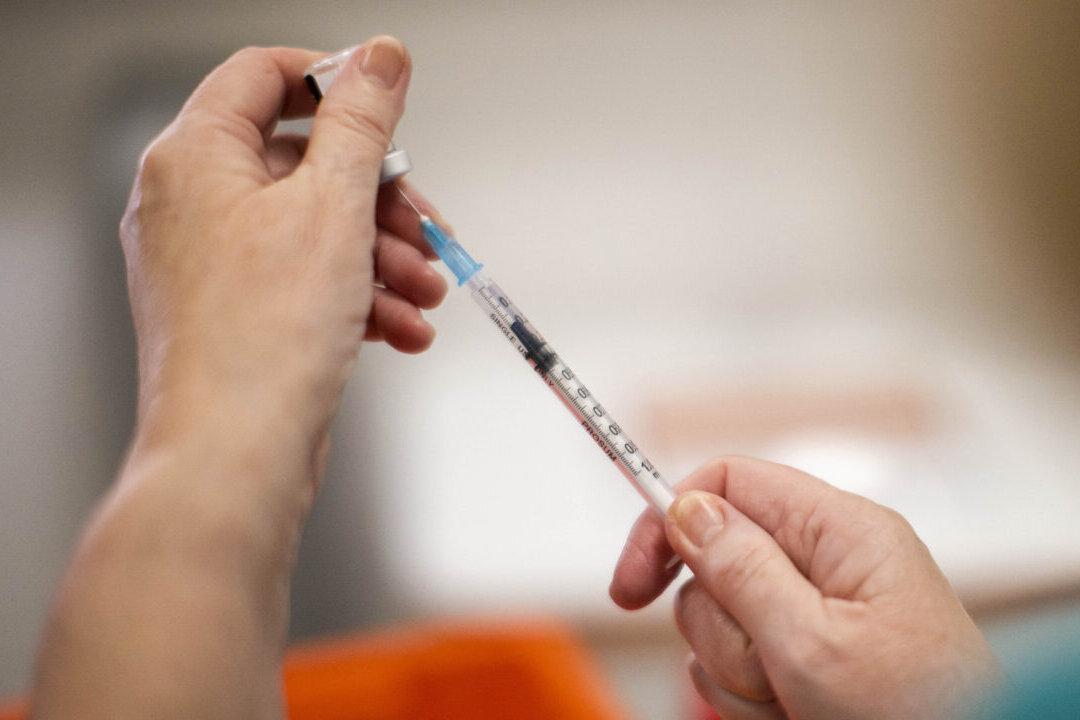Gay men, especially those with multiple partners or who have participated in group sex, will be the main target in the UK’s monkeypox vaccination campaign, the Health Security Agency (UKHSA) said.
In a vaccination strategy published on Tuesday, the agency said although anyone can contract monkeypox, the current outbreak is “primarily in gay, bisexual, and other men who have sex with men (GBMSM)” who have “largely been located in the London area.”





